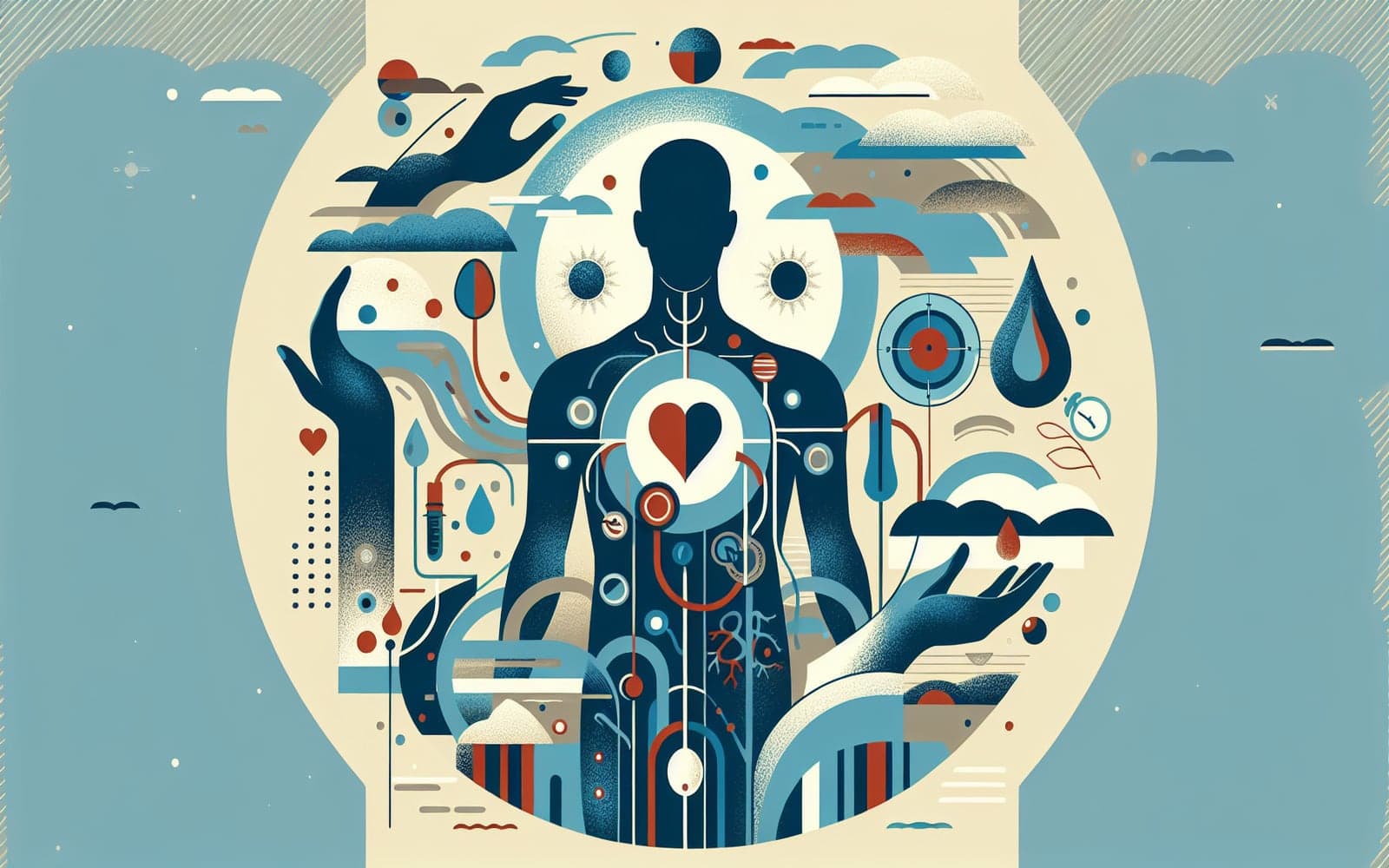When Blood Clotting Goes Wrong: Understanding Coagulation Disorders
Published: Jan 17, 2024

Medically reviewed by Becky Powers | MD, The University of Texas Medical School - Houston, Texas on January 17th, 2024.
Blood clotting is a crucial process that stops us from bleeding excessively when injured. However, when this system malfunctions, it can lead to serious health problems. Coagulation disorders can cause either too much clotting or not enough.
Contents
Too Little Clotting: Bleeding Disorders
Some coagulation disorders result in blood that doesn't clot properly, leading to excessive bleeding. Hemophilia is a well-known example, caused by a deficiency in certain clotting factors. Von Willebrand disease is another common bleeding disorder. People with these conditions may bruise easily, have frequent nosebleeds, or experience prolonged bleeding after injury or surgery.
Too Much Clotting: Thrombophilia
On the other hand, some disorders cause blood to clot too easily or in the wrong places. This is called thrombophilia. Conditions like Factor V Leiden or antiphospholipid syndrome fall into this category. These disorders increase the risk of dangerous blood clots in the legs (deep vein thrombosis) or lungs (pulmonary embolism).

Acquired Coagulation Disorders
Not all coagulation disorders are inherited. Some are acquired due to other health conditions or medications. Liver disease can disrupt the production of clotting factors. Certain medications, like blood thinners, intentionally alter clotting. In rare cases, the body may develop antibodies against its own clotting factors, leading to acquired hemophilia.
Frequently Asked Questions
Some are rare, but others like von Willebrand disease affect up to 1% of people.
Many can be effectively managed, but inherited disorders usually can't be cured.
Through blood tests, family history, and sometimes genetic testing.
Yes, depending on the specific disorder and its severity.
Key Takeaways
While coagulation disorders can be serious, many people lead full lives with proper management and care.
Concerned about your clotting health? Ask Doctronic about symptoms to watch for and when to seek help.Related Articles
References
Tripodi A, Mannucci PM. The coagulopathy of chronic liver disease. N Engl J Med 2011; 365:147.
Franchini M, Mannucci PM. Von Willebrand disease-associated angiodysplasia: a few answers, still many questions. Br J Haematol 2013; 161:177.
This article has been reviewed for accuracy by one of the licensed medical doctors working for Doctronic. Always discuss health information with your healthcare provider.

